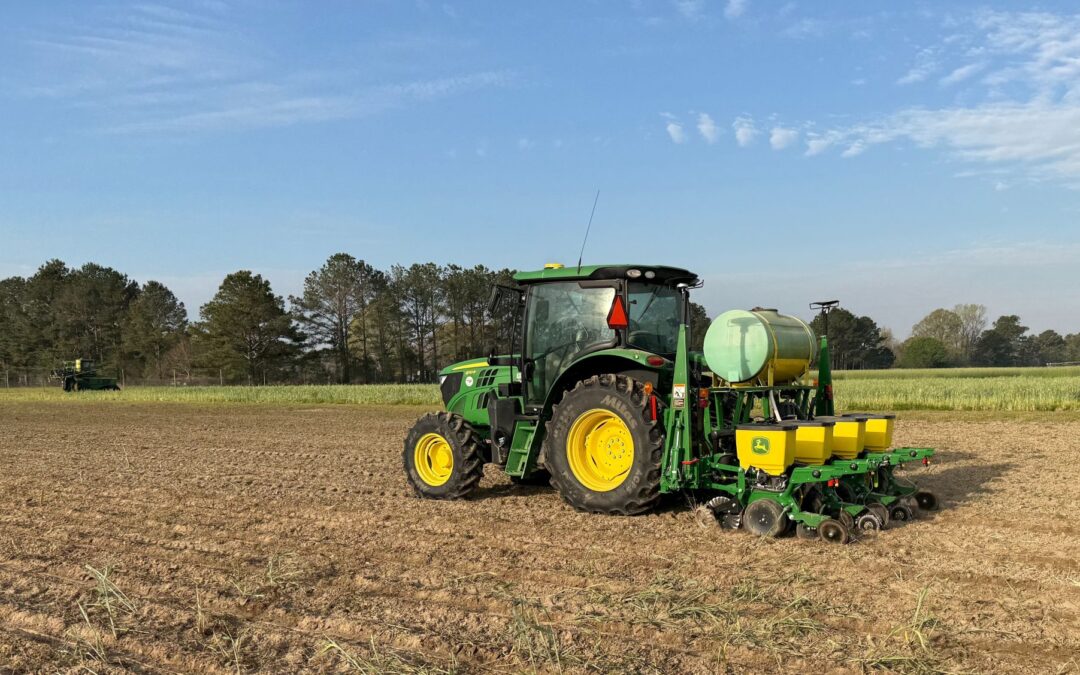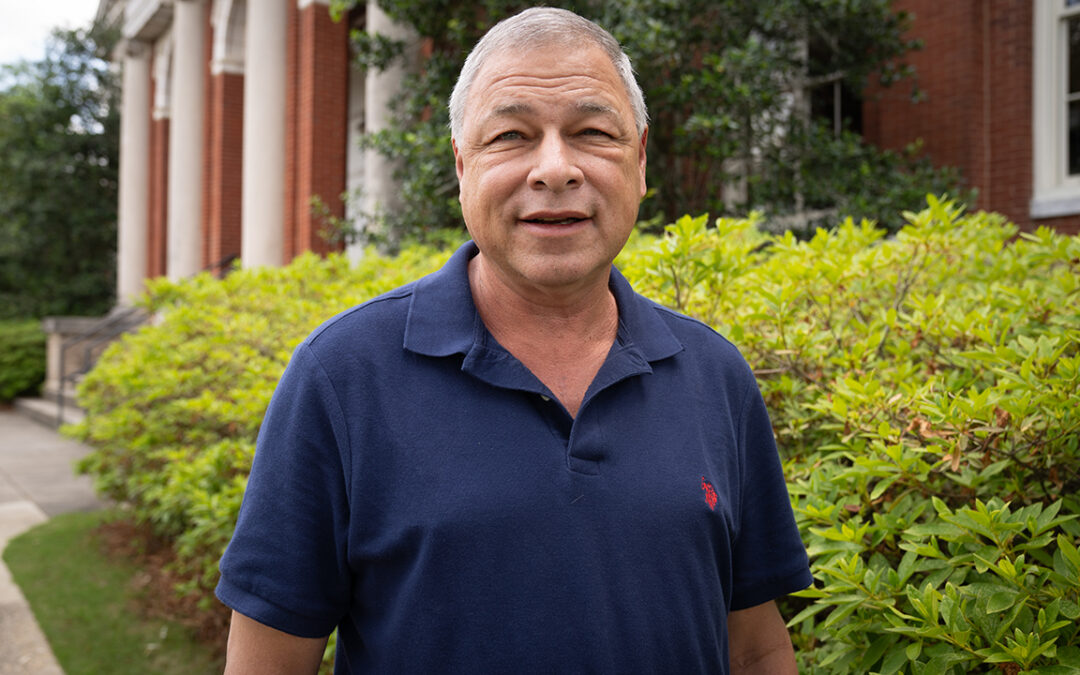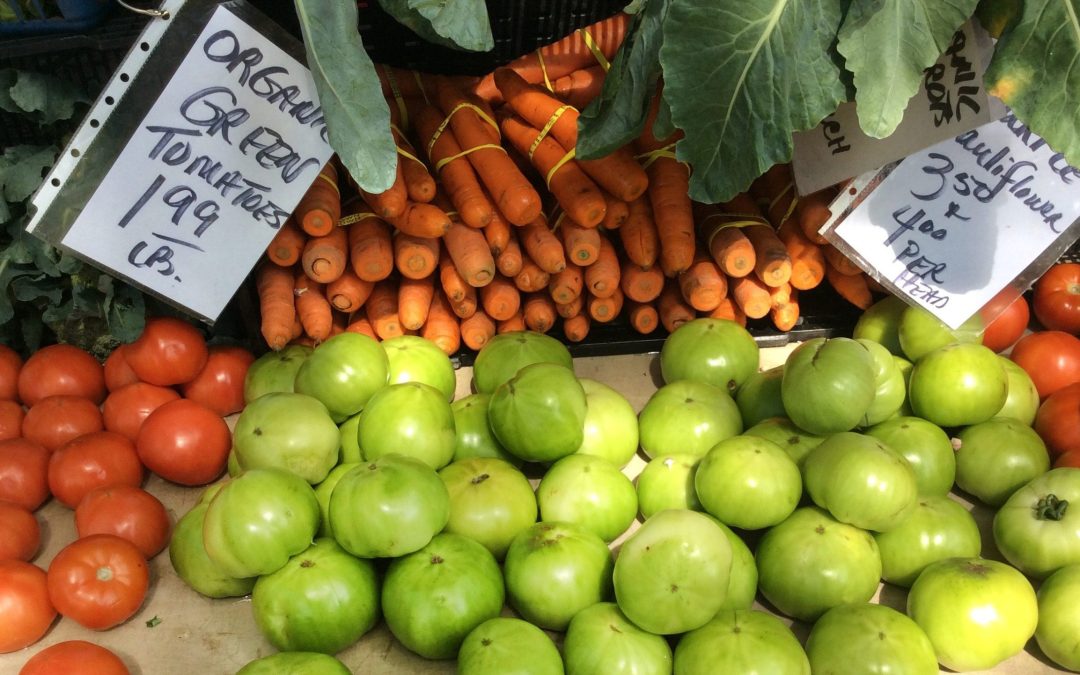AUBURN, Ala.—A wearable computer described as “a smartphone for your face” has the potential to help row-crop farmers operate more efficiently and profitably, two Alabama Agricultural Experiment Station researchers at Auburn University say.
Greg Pate and John Fulton base their optimism on their experience testing out the yet-to-be-released device—called Google Glass—in cotton fields at Auburn’s E.V. Smith Research Center. Pate is director of E.V. Smith, located off I-65 between Montgomery and Auburn, and Fulton is Extension specialist and associate professor of biosystems engineering at Auburn.
Bruce Rasa, a farm technology consultant and one of 8,000 people worldwide whom Google has commissioned as Glass Explorers to test the device and gain a better understanding of its uses, traveled to E.V. Smith to introduce Pate and Fulton to the device, which is a pair of glasses with a tiny computer mounted just above the right eye. “A smartphone for your face that enables hands-free use,” Rasa said.
Such wearable technology could make row-crop farming more mobile, efficient, profitable and environmentally sustainable and also could help producers capitalize on the growing volume of farm data generated by precision farming equipment, Fulton said. In addition, he said, the visual, textual and other data uploaded on the go via Google Glass will be available for future reference and also can be shared on a real-time basis, better enabling farmers to make spot decisions in the field.
“I can use one of these devices to capture in-field information that can be stamped by time, date and GPS coordinates and that also can be automatically archived,” Fulton said. “In the blink of an eye or a tap [of the Google Glass], I’ve made a screen capture of an item that could be of critical importance later in the crop season.”
Pate, who used Google Glass to inspect a cotton field, said that wearable computers could prove useful in many facets of farming, particularly crop consulting.
“We have lots of farmers who receive data compiled by a scout [crop consultant] and question it or dismiss it as someone’s opinion,” he said. “Now, with Google Glass, all a consultant has to do is to pull up the data that was compiled automatically and say, ‘Here it is.’”
Uploading data into a cloud where it can be retrieved for future reference is especially appealing to Pate, who is ultimately responsible for every facet of the farming operation at the 3,816-acre E.V. Smith Research Center. He was an early convert to precision farming and is always searching for labor- and cost-saving technology to offset rising costs and lean budgets.
As a practice, Pate spends time with his laptop, familiarizing himself with what variety was planted in what field, but still, his memory occasionally fails when he’s standing in the middle of a field.
“We plant so many varieties, and when I’m in a particular field, I need to know instantly what variety I’m standing in versus what was planted 20 feet away, because these are going to be managed differently,” he said. “With Google Glass or some other wearable device, you have the potential of knowing this instantaneously.”
“The immediate recordkeeping Glass affords also could allow producers to compile a crop-year record never before conceived, one that will help them demonstrate to consumers that the crops were raised not only according to the safest production standards but also in an environmentally sustainable manner,” Fulton said.
Google has said Glass will be commercially available in 2014, but the corporation has not indicated what the price tag will be.




